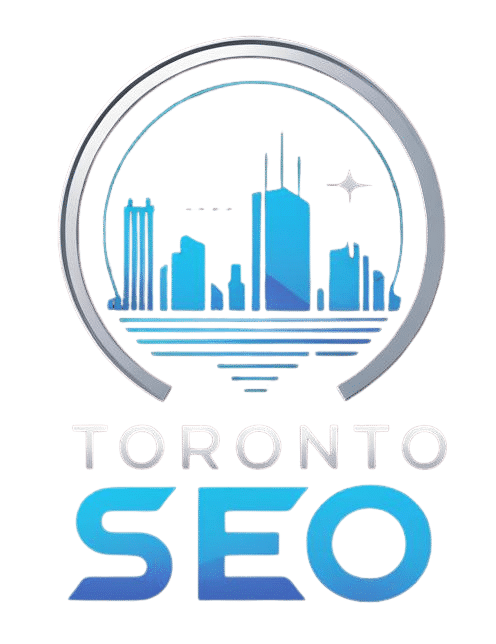How Toronto Businesses Can Win

Google’s search algorithm has entered a new era. In 2026, success isn’t about gaming the system—it’s about proving trust, relevance, and expertise. For Toronto businesses, understanding the most important Google ranking factors isn’t optional—it’s survival.
This guide reveals the most important SEO signals this year and how to rank locally and nationally with a future-proof strategy with Toronto SEO.
1. E-E-A-T: Experience, Expertise, Authoritativeness, Trust
Google’s E-E-A-T concept continues to dominate the SEO landscape.
How to win with E-E-A-T in Toronto
Include real author bios with credentials
Add customer testimonials, certifications, and third-party verification
Maintain a verified Google Business Profile
Get listed on trusted directories like BBB, Yelp, Cylex, and local Toronto listings
Google’s algorithms are looking for trust. If your site looks anonymous or lacks credibility, expect ranking drops.
2. Topical Authority & Content Depth
In 2026, content that ranks is not just optimized—it’s authoritative and semantic-rich.
How Toronto businesses build topical authority
Create pillar pages around your core services (e.g. Toronto SEO Services)
Support them with cluster content: blog posts, FAQs, guides, location pages
Use tools like Surfer SEO and Frase to audit content gaps
Google rewards sites that cover a topic better than anyone else. Not longer—smarter.
3. Core Web Vitals & Page Experience
UX isn’t optional in 2026. Google uses Core Web Vitals as part of its ranking signal.
Web vitals benchmarks to meet:
LCP (Largest Contentful Paint): under 2.5s
CLS (Cumulative Layout Shift): under 0.1
FID (First Input Delay): under 100ms
Run your site through:
Use lazy loading, a fast CDN, and image compression to hit these targets.
4. First-Party Engagement Signals
With third-party cookies gone, Google looks at engagement metrics to determine value.
Signals that matter:
Scroll depth
Time-on-page
Clicks on CTAs (calls, forms, emails)
Repeat visits from local IPs
Improve with:
Clear CTA buttons (e.g. Book SEO Audit Toronto)
Interactive content like calculators or comparison tools
Embedded maps and clickable local service areas
5. Local SEO & Proximity Signals
Google still prioritizes proximity and local signals for ranking in the map pack and near-me searches.
Local SEO checklist:
Add “Toronto” and specific neighborhood keywords to H1/H2s
Use “near me” and geo-intent phrases in body copy
Add local schema (JSON-LD), NAP, and service areas
Keep your Google Business Profile updated weekly with posts and images
Need help? See our Local SEO Services for Toronto
6. Branded Search & Entity SEO
Google now prioritizes brands. Branded search growth = authority = rankings.
How to build brand SEO:
Run branded PPC or YouTube campaigns to grow searches
Encourage direct Google searches (e.g. “ABC Toronto Roofing”)
Get brand mentions in local blogs, media, podcasts
Use the same entity name across all platforms and citations
Tools like Kalicube and InLinks help build your entity identity.
7. Human-Curated, AI-Enhanced Content
AI content is everywhere, but unedited output is easily detected.
What ranks in 2026:
AI-assisted structure, with human-written intros, CTAs, and real stories
Case studies, testimonials, location-specific examples
Internal linking with contextual flow
Use AI to speed up research—but always inject your voice.
Bonus: Internal Links Matter More Than Ever
Create a smart content network:
Link from new blog posts to service pages
Use keyword-rich anchor text like Toronto SEO Audit
Keep silo structure tight: don’t scatter relevance
Google uses your link structure to understand authority and topical context.
Conclusion
If you’re in Toronto and you’re still relying on outdated SEO tactics—thin blogs, spammy links, slow sites—you’re already losing.
The top ranking factors in 2026 favor businesses that invest in trust, authority, content structure, and user experience.
Stay relevant, stay optimized, and you’ll outrank your competitors no matter how the algorithm evolves.


